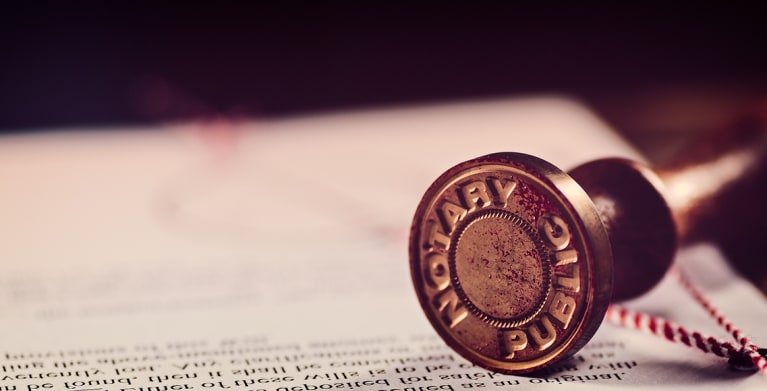Understanding Apostille: Simplifying International File Legalization
Understanding Apostille: Simplifying International File Legalization
Blog Article
Demystifying Notarial Job: Streamlining the Function and Importance of Notaries
Their function, often shrouded in mystery for numerous, carries substantial weight in guaranteeing the credibility and stability of critical records. By untangling the complexities bordering notarial techniques and shedding light on the significance of their acts, a clearer understanding emerges of the crucial function notaries play in upholding the textile of legal and legal contracts.
The Background of Notarial Job
The history of notarial job dates back to ancient civilizations, where scribes played an important role in taping crucial information and authenticating papers. This led to the advancement of notaries, individuals selected by the state to act as impartial witnesses in lawful issues.
Throughout the Middle Ages, notaries acquired importance in Europe, with their functions increasing to include drafting lawful documents, accrediting signatures, and preserving documents. The increase of worldwide trade further stressed the value of notarial work in confirming contracts and agreements throughout borders.
In the modern-day era, notaries remain to play an important function in lawful and organization deals by verifying identities, confirming the authenticity of records, and avoiding scams. Their function in certifying the legitimacy of arrangements includes a layer of protection and depend on to the ever-evolving landscape of business and regulation.

Tasks and Duties of Notaries
Notaries play a vital duty in verifying the credibility of papers and the identity of signatures. One of their primary obligations is to witness the signing of crucial documents, such as agreements, wills, and acts, to guarantee that all events are entering into arrangements intentionally and voluntarily.
They certify copies of original records, providing assurance to institutions that the copies are true replicas of the originals. Overall, the responsibilities and obligations of notaries are essential in protecting the integrity and legitimacy of different papers and transactions - Apostille.
Notarial Certificates and Signatures
Exhibiting thorough interest to detail, notarial certificates and trademarks serve as important components in validating the credibility of legal files. Notarial certificates normally consist of vital info such as the day of registration, the names of the signatures, a summary of the record, and the notary's official seal. These certificates give a clear document of the notarial act, making sure that the file can be conveniently recognized and mapped back to the notary that looked after the process.
Signatures play a pivotal role in notarial job, as they symbolize the arrangement and consent of the events dig this entailed. Notaries very carefully witness the signing of files to validate the identity of the signatures and validate that they are authorizing of their very own free choice. By affixing their main seal and trademark to the paper, notaries certify that the essential procedures have actually been adhered to which the paper is valid and enforceable.
Fundamentally, notarial certificates and signatures are the characteristic of credibility in legal purchases, offering assurance to all parties content entailed that the documents are genuine and binding.
Importance of Notarial Acts

Notarization Process Described
The registration process typically begins with the private presenting the record to a notary public. Once the identification is confirmed, the notary guarantees that the private signing the record does so voluntarily and without any type of browbeating.
Final Thought

Notarial certifications generally have important details such as the day of notarization, the names of the signatures, a description of the paper, and the notary's official seal. These certifications supply a clear record of the notarial act, making certain that the document can be quickly identified and mapped back to the notary that oversaw the process.
By attaching their official seal and trademark to the document, notaries license that the required procedures have been complied with and check out here that the document is legitimate and enforceable.
By validating the identification of the signatories, validating their determination to enter into the agreement, and certifying the date and location of the signing, notaries play a critical function in upholding the credibility of lawful papers.After the paper is signed, the notary will certainly fasten their main seal or stamp onto the paper.
Report this page